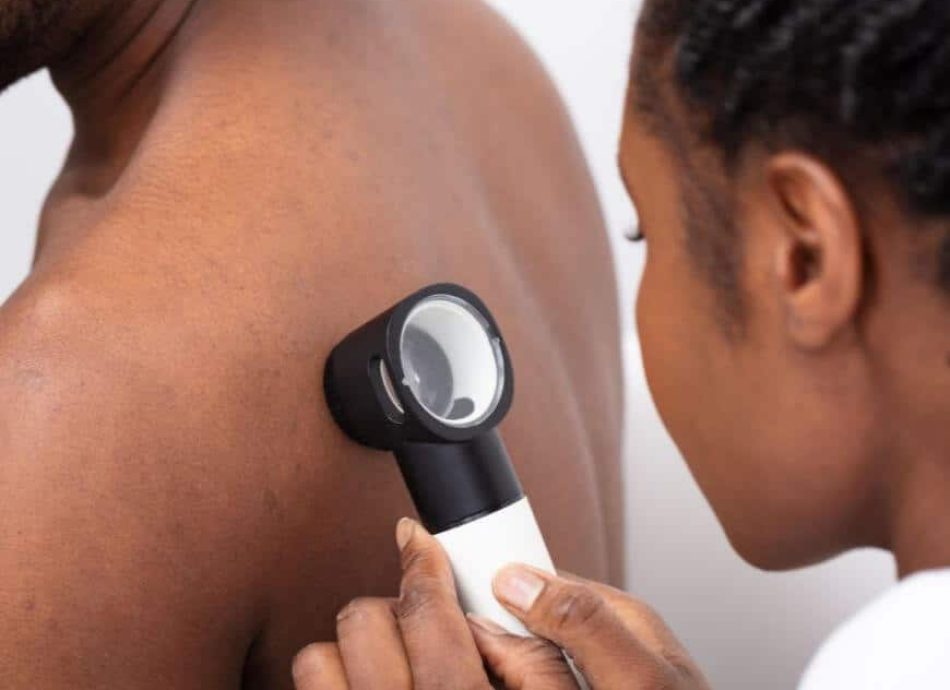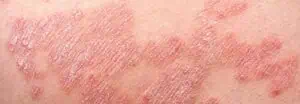Genital Skin Conditions
Home » Conditions » Genital Skin Conditions
Award winning dermatology service, with over 20 years on experience
Short waiting lists, on some occasions offering same week appointments
Safe environment, in Care Quality Commission approved facilities
Genital Skin Condition Treatments Include:
Everything you need to know about genital skin conditions
At all the Stratum Clinics, our trusted expert consultants are experienced in treating genital skin conditions affecting both men and women. Genital skin conditions are extremely common and besides causing embarrassment, may manifest as redness, soreness, ulceration, pain or inflammation and can also affect relationships. These conditions will often be misdiagnosed as thrush by general practitioners (GPs) or in STD clinics. Letting an expert examine and treat you might be all that is needed to improve your condition.
WHAT ARE THE TYPES OF GENITAL SKIN CONDITIONS?
MALE GENITAL CONDITIONS
There are a number of different male genital skin conditions that can affect men of all ages. These conditions may be caused by a range of factors, including poor hygiene, underlying health conditions, and certain environmental or hormonal factors. Male genital skin conditions commonly seen at the Stratum Clinics include:
- Warts/molluscum/herpes
- Balanitis
- Zoon’s disease
- Angiokeratomas
- Dermatitis
- Psoriasis
- Lichen Sclerosus
- Lichen Planus
- Cysts
- Behçet’s Disease
- Cancer
FEMALE GENTIAL CONDITIONS
Female genital skin conditions are relatively common and can have a variety of causes. In general, these conditions can be caused by infections, allergic reactions, or hormonal changes. While many of these conditions tend to be benign and temporary, they can cause discomfort or pain if left untreated. Female genital skin conditions commonly seen at the Stratum Clinics include:
- Thrush
- Warts/molluscum/herpes
- Vulvitis
- Hidradenitis
- Vulvodynia (pain)
- Erosive lichen planus
- Lichen Sclerosus
- Vulvo-gingival disease
- Behçet’s Disease
- Dermatitis/psoriasis
- Cancer
HOW CAN GENITAL SKIN CONDITIONS BE TREATED?
Take good basic care of your genital skin. We recommend the use of simple creams to wash with in place of soap, as soap residue can irritate the area. Examples include aqueous cream or Dermol 500. Regular emollients in the form of oil or water-based moisturisers help protect the area and act as a barrier to prevent further irritation. Examples of oil-based emollients include Vaseline, Epaderm and Hydromol. Examples of water-based creams include Doublebase, Cetraben and Diprobase.
For some patients, a combination of anti-inflammatory creams or ointments might be of use. These can range in strength from mild, to very potent. Often topical antibiotics or antifungal medication will be used in addition to control inflammation and secondary infection.
While some conditions found on genital skin are also seen on other areas of the body, not all mainstream treatments can be applied to genital skin as it is delicate and some treatments can lead to discomfort and irritation. Specialist creams and ointments may need to be used for genital skin so it is important to speak to an expert for the correct diagnosis and most appropriate treatment.
FREQUENTLY ASKED QUESTIONS
HOW ARE GENITAL SKIN CONDITIONS DIAGNOSED?
Your consultant dermatologist will examine the affected skin to reach a diagnosis. Further tests may be required to confirm a diagnosis and these may include swab tests, blood tests or a skin biopsy.
WHAT COMMON SKIN CONDITIONS ARE SEEN IN THE GENITAL AREA?
Common skin conditions such as eczema, psoriasis and skin cancer can also affect the genital area. Treatments for these conditions may be different to treatments for other areas of the body so it is important to see a dermatologist and get the most appropriate treatment for your condition.
CAN I REQUEST A CONSULTANT DERMATOLOGIST OF MY OWN GENDER?
Of course. If you require an appointment for a genital skin condition and would prefer to see a consultant of the same gender as you, just let us know when you book your appointment and this can be arranged.
REQUEST A CONSULTATION
Please fill in this form and one of our team will give you a call back to arrange a consultation with one of our expert dermatologists.

HEAR FROM OUR PATIENTS
WHY TREAT YOUR GENITAL SKIN CONDITIONS AT STRATUM DERMATOLOGY CLINICS?
We understand how genital skin conditions can affect your confidence and your relationships. We are here to help, offering expert diagnosis and treatments so you can gain your confidence back. We work with leading experts in the field of dermatology to ensure you have the best experience and treatment. Stratum Dermatology Clinics are regulated by the Care Quality Commission, are part of the British Association of Dermatologists and are top rated by patients on Doctify so you can assure safe and effective acne treatment with us.
latest INSIGHTS AND ADVICE

Guide to Fall Skin Conditions
Autumn, with all its stunning colours, also brings some challenges for our skin. As the air gets cooler and the leaves turn vibrant shades, it’s a reminder that we’re steadily approaching winter. Keeping your skin glowing and healthy during this transition from summer to the

Eczema Awareness Month – Complete Guide on Eczema
October is Eczema Awareness Month. For individuals living with eczema, you will be all too familiar with the trials of handling this skin complaint. It’s our mission throughout October and beyond to educate, support and empower you by delivering invaluable insights on its origin, available

Understanding Varicose Veins: Symptoms, Treatments and Prevention
Varicose Disease Awareness Month focuses on raising awareness about varicose veins, a common but often ignored condition affecting millions globally. This September, we’re highlighting the importance of early detection, available treatments and lifestyle changes to effectively manage varicose veins. By increasing awareness, we aim to
